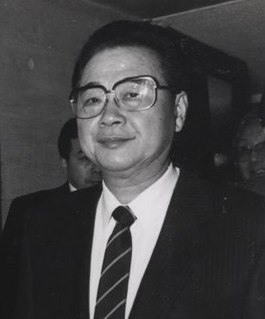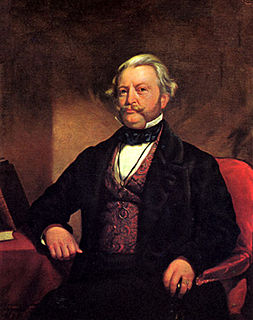A Quote by Joshua Wong
Countries often prioritise economic interests over human rights - hence all the kowtowing to China.
Related Quotes
The BRIC countries - Brazil, India, China, Turkey, South Africa, Indonesia even, and Russia - are now new actors. Over the last eight years, China multiplied by seven its economic presence and penetration in the Middle East. And if this happens on economic terms and there is a shift towards the East, the relationship between these countries and Israel is completely different from the United States. And it means that the challenges are going to be different, because China is not supporting Israel the way the U.S. are supporting Israel.
Often Americans have heard Donald Trump be very hard on China. But that's not how it's heard over there. In China, his message is being interpreted as the sound of an exhausted America, an America that is seeking to withdraw from its commitments to NATO, to holding up, for instance, human rights around the world.
Just as it wouldn't be right to only to have an economic dialogue with China, equally you shouldn't restrict your dialogue solely to issues around, say, human rights. You can raise all those issues, and that is what reflects a mature discussion. So I don't think essentially we have to choose between being partners in China's economic development and being proud defenders of British values.
It is a great problem for the true international agenda of human rights that the United States, uniquely among industrialised countries, has not ratified three main instruments, has not ratified the Covenant on Economic, Social and Cultural Rights, or the Convention on the Rights of the Child, or the Convention for the Elimination of Discrimination Against Women, and we could have so much richer a debate and dialogue on international human rights standards if the superpower would sign up to the agenda.
The term 'human rights' has been too often associated with conditionality, and with concerns of developing countries that in order to benefit from open trade they would be required to implement immediately labour and environmental standards of a comparable level to those applied in industrialised countries. At the same time, debates about the primacy of trade as against human rights legal codes have contributed to maintaining the unfortunate impression that the two bodies of law are pursuing incompatible aims.
Since there is no such entity as 'the public,' since the public is merely a number of individuals, the idea that 'the public interest' supersedes private interests and rights can have but one meaning: that the interests and rights of some individuals take precedence over the interests and rights of others.





































